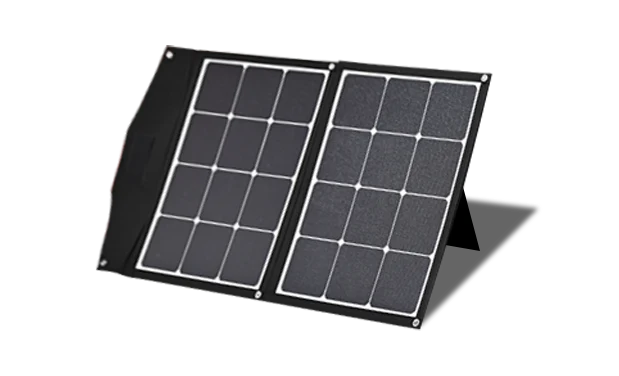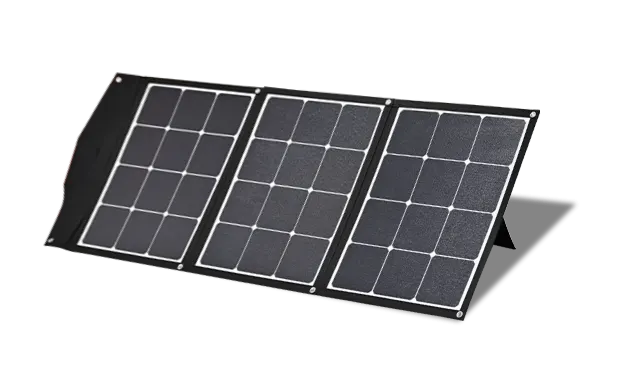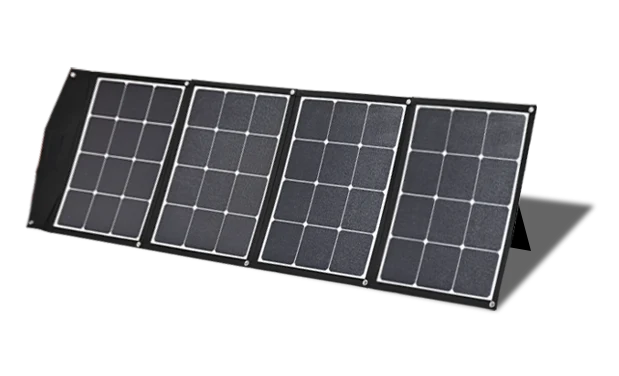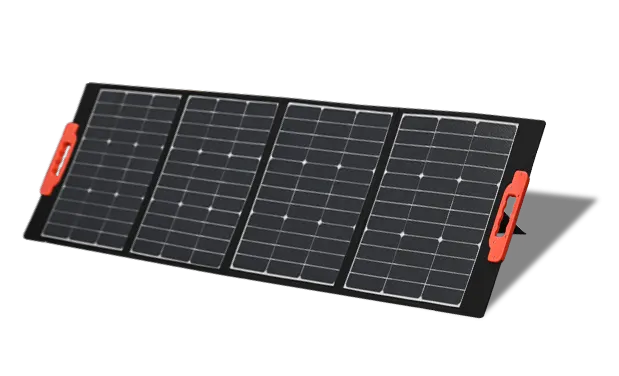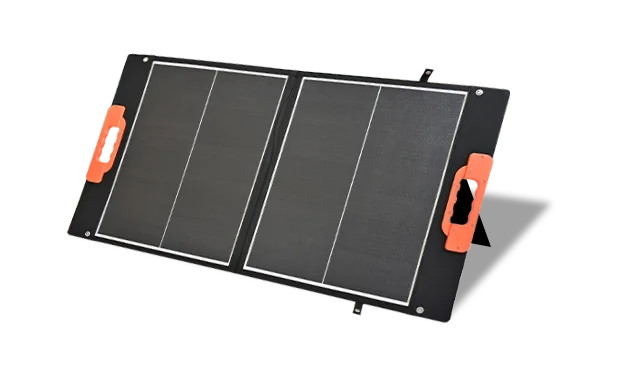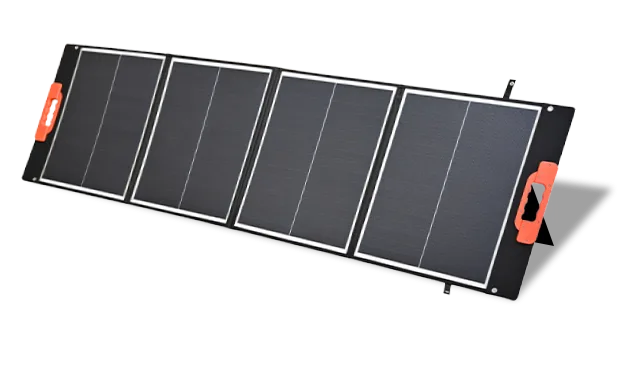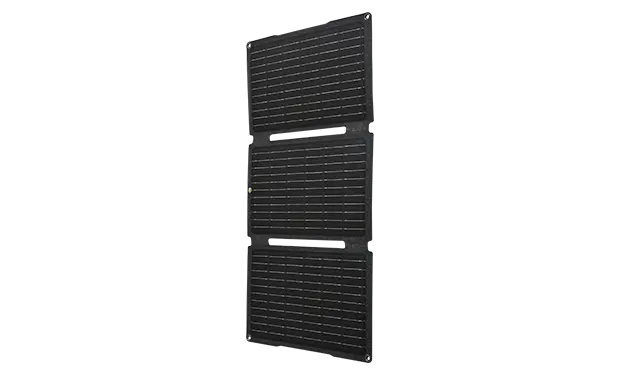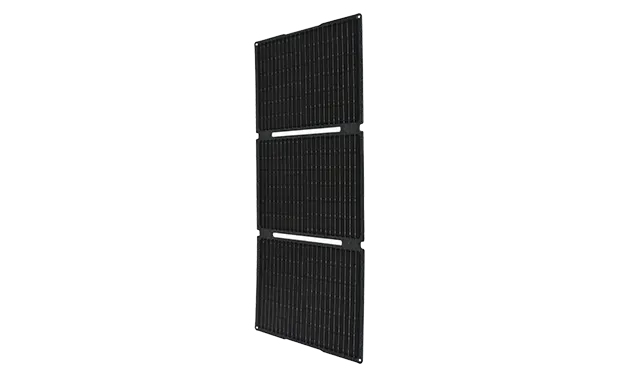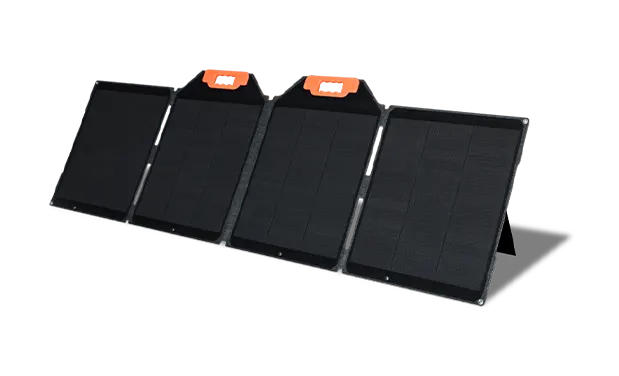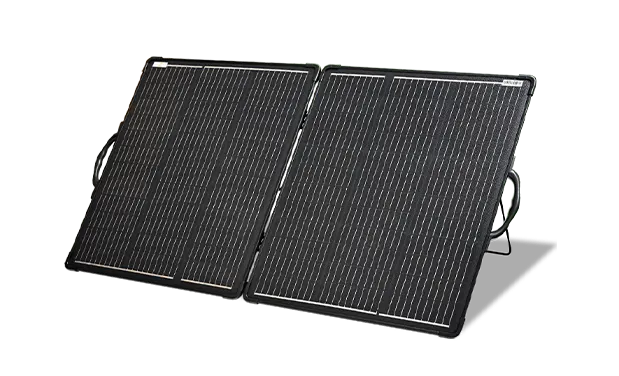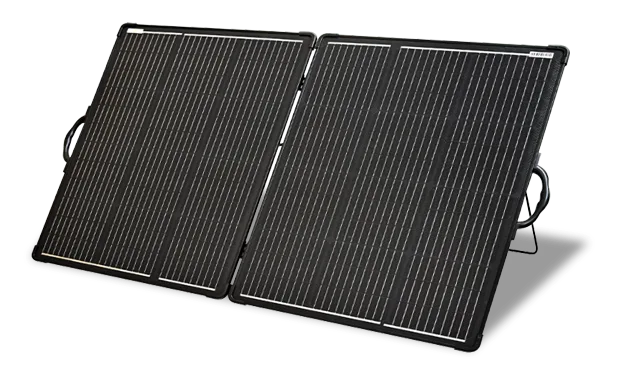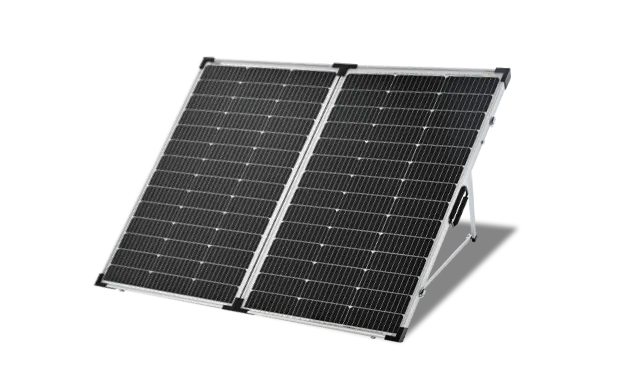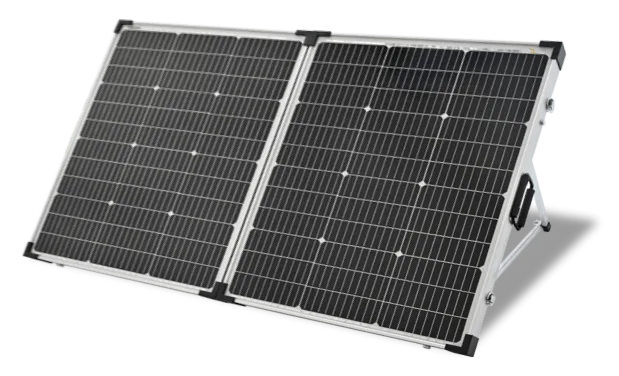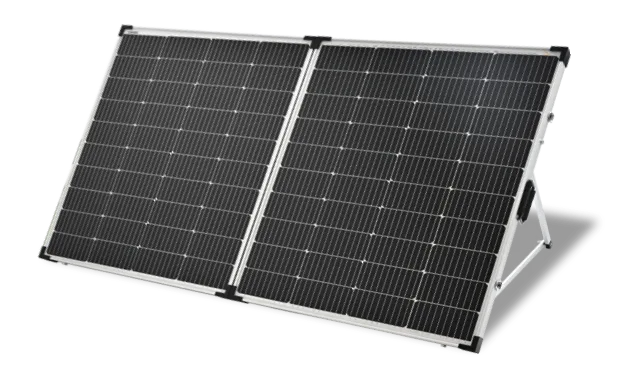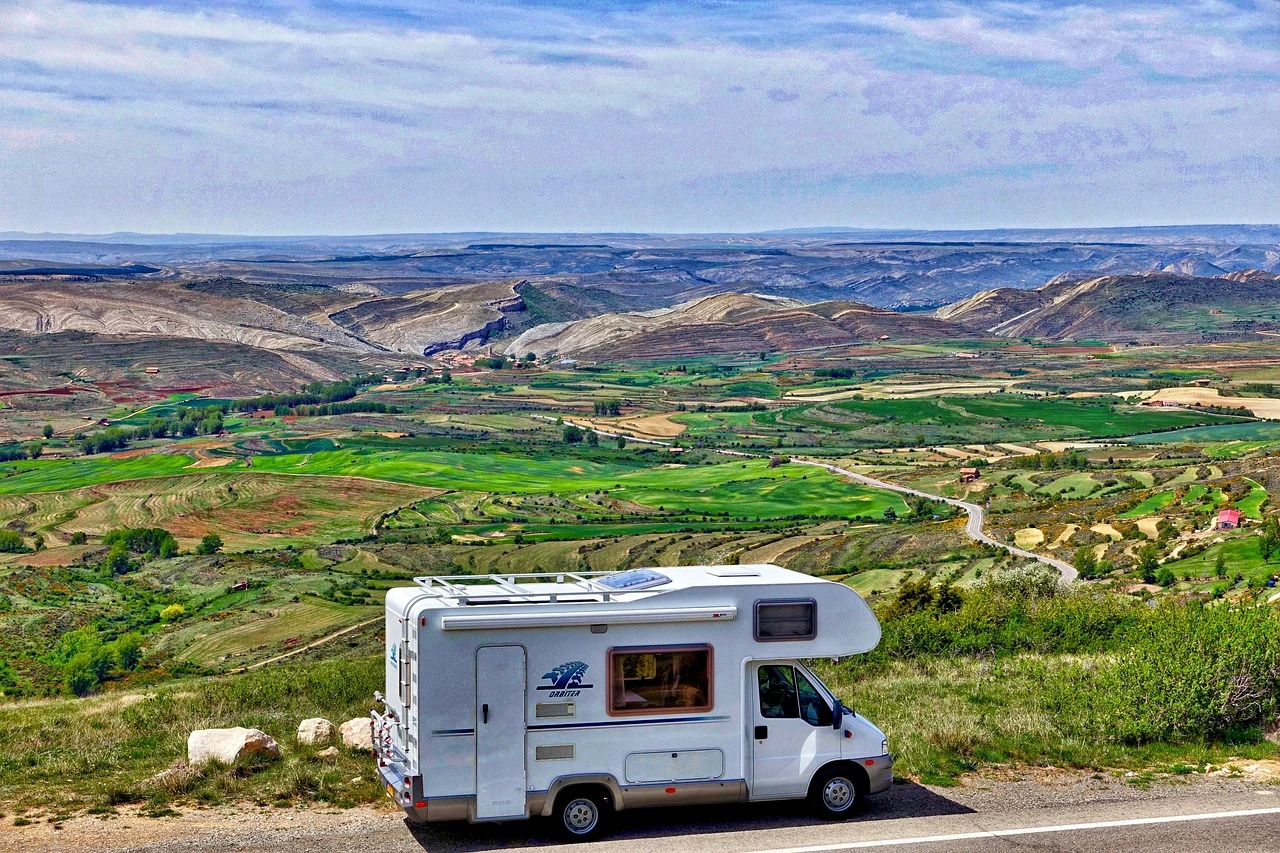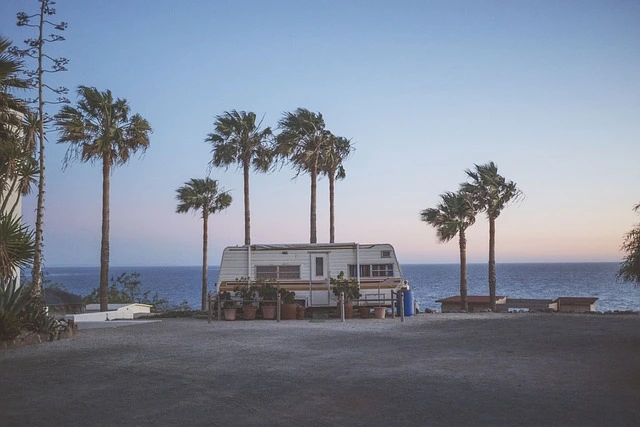Solar panels are devices that convert sunlight into electricity. They are a popular choice for van owners who want to power their appliances and devices while on the road. Solar panels can reduce the dependence on fossil fuels, save money on electricity bills, and lower the carbon footprint of van life.
There are three main types of solar panels for van: monocrystalline, polycrystalline, and thin film. Each type has its advantages and disadvantages, depending on the power needs, budget, and available space of the van owner.

Monocrystalline Solar Panels
Monocrystalline panels are made of single-crystal silicon cells that have high efficiency and durability. They can produce more power per unit area than other types of panels, making them ideal for vans with limited roof space. Monocrystalline panels also perform well in low-light and high-temperature conditions, which is beneficial for van life in different climates.
However, monocrystalline panels are also the most expensive type of solar panels for van. They are also prone to shading effects, which means that the power output can drop significantly if a part of the panel is covered by dirt, leaves, or other objects.
Polycrystalline Panels
Polycrystalline panels are made of multiple-crystal silicon cells that have a lower efficiency and durability than monocrystalline panels. They can produce less power per unit area than monocrystalline panels, making them suitable for vans with ample roof space. Polycrystalline panels are also cheaper than monocrystalline panels, which is attractive for van owners on a budget.
However, polycrystalline panels also have some drawbacks. They perform poorly in low-light and high-temperature conditions, which can affect the power output of the panels. They also have a lower aesthetic appeal than monocrystalline panels, as they have a bluish hue and a less uniform appearance.
Thin Film Panels
Thin film panels are made of thin layers of materials such as amorphous silicon, cadmium telluride, or copper indium gallium selenide. They have the lowest efficiency and durability of all types of van solar panels. They can produce the least power per unit area than monocrystalline and polycrystalline panels, making them unsuitable for vans with limited roof space. Thin film panels are also the least durable type of panels, as they degrade faster over time and are more susceptible to environmental damage.
However, thin film panels also have some advantages. They are the cheapest type of solar panels for van, which is appealing for van owners who want to save money on their initial investment. They are also flexible and lightweight, which makes them easy to install and transport. Thin film panels also have a better shading tolerance than monocrystalline and polycrystalline panels, as they can still produce some power even when partially shaded.
What Is the Best Type of Solar Panel for Van?
The best type of van solar panels depends on the individual preferences and needs of the van owner. There is no one-size-fits-all solution, as different types of panels have different pros and cons. The van owner should consider the following factors when choosing the best type of solar panels for the van:
-Power Needs
The power needs of solar panel trailer determine how much electricity the solar panels need to generate. The power needs depend on the number and type of appliances and devices that the van owner wants to use, such as lights, fans, refrigerators, laptops, phones, etc. The van owner should calculate the total wattage and amp-hours of their power consumption, and then choose the type of solar panels that can meet or exceed their power needs.
-Budget
The budget of the van owner determines how much money they are willing to spend on the solar panels. The budget includes not only the initial cost of the panels, but also the installation, maintenance, and replacement costs. The van owner should compare the prices and warranties of different types of panels, and then choose the type of solar panels that can fit their budget.
-Space
The space of the van owner determines how much roof area they have available for the van solar panels. The space affects the size and number of panels that the van owner can install on their van. The van owner should measure the dimensions of their roof, and then choose the type of solar panels that can maximize their space utilization.
Why Are Thin Film Panels the Most Suitable Option?
Thin film panels are the most suitable option for van owners who have the following characteristics:
-Low Power Needs
Thin film panels are the most suitable option for van owners who have low power needs, such as using only a few small devices or appliances. Thin film panels can provide enough power for basic needs, without requiring a lot of roof space or money.
-Low Budget
Thin film panels are the most suitable option for van owners who have a low budget, such as wanting to spend the least amount of money on their solar system. Thin film panels are the cheapest type of solar panels for a van, which can save the van owner money on their initial investment.
-High Flexibility
Thin film panels are the most suitable option for van owners who have a high flexibility, such as wanting to install and remove the panels easily. Thin film panels are flexible and lightweight, which makes them easy to install and transport. Thin film panels can also be attached to curved or uneven surfaces, which can increase the design options for the van owner.
Frequently Asked Questions
Here are some frequently asked questions and answers about solar panels for vans:
-How do I install solar panels on my van?
There are two main ways to install solar panels on your van: fixed or portable. Fixed solar panels are mounted permanently on the roof of your van, using brackets, screws, or adhesive. Portable solar panels are not attached to the roof of your van, but rather placed on the ground or a stand. Portable solar panels can be moved around to follow the sun, or stored away when not in use.
The installation process of solar panels on your van depends on the type and size of the panels, as well as the wiring and accessories that are needed. The installation process can be done by yourself, if you have the necessary tools and skills, or by a professional, if you want to ensure a safe and proper installation.
-How do I maintain solar panels on my van?
The maintenance of solar panels on your van is relatively simple and easy. The main thing to do is to keep the panels clean and free of dust, dirt, leaves, or other debris that can block the sunlight and reduce the power output. You can use a soft cloth, a brush, or a hose to clean the panels regularly, depending on the level of dirtiness. You should also check the panels for any cracks, chips, or corrosion that can affect the performance and durability of the panels. You should also check the wiring and connections for any loose or damaged parts that can cause electrical problems.
-How long do solar panels on my van last?
The lifespan of solar panels on your van depends on the quality and type of the panels, as well as the environmental conditions and usage patterns. Generally, solar panels on your van can last for 10 to 25 years, depending on the manufacturer and warranty. However, the power output of the panels will gradually decline over time, due to the natural degradation of the materials and the exposure to the elements. The average annual degradation rate of solar panels is about 0.5% to 1%, which means that the panels will lose about 10% to 20% of their original power output after 20 years.
Final Thoughts
Solar panels are a great way to power your van life, as they can provide you with clean, renewable, and sustainable energy.
However, choosing the ideal solar kits for RV can be challenging, as there are many factors to consider, such as power needs, budget, space, etc. The three main types of solar panels for vans are monocrystalline, polycrystalline, and thin film, each with its advantages and disadvantages. The best type of solar panels for your van depends on your individual preferences and needs. We hope that this article has helped you understand the different types of solar panels for vans, and how to choose the best one for you. Happy van life!





